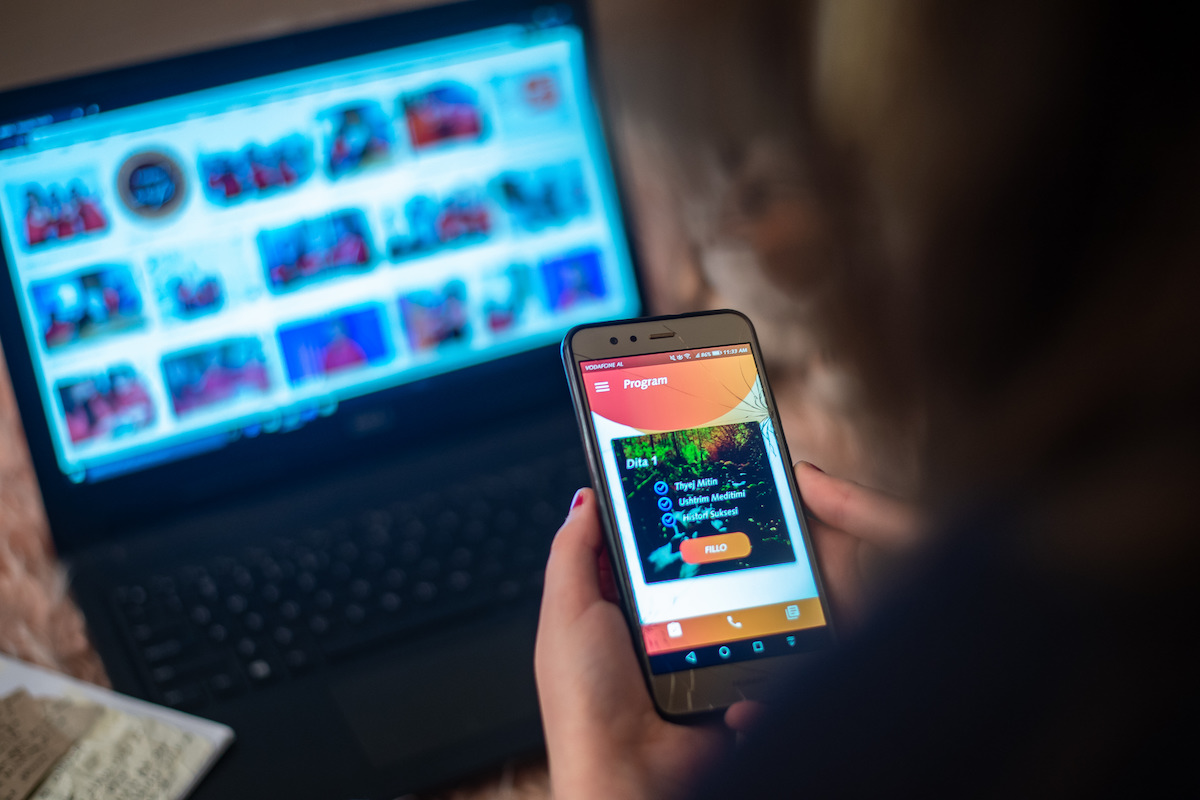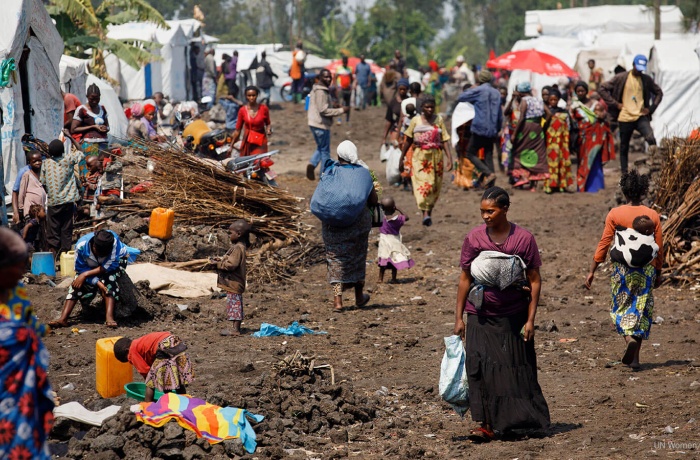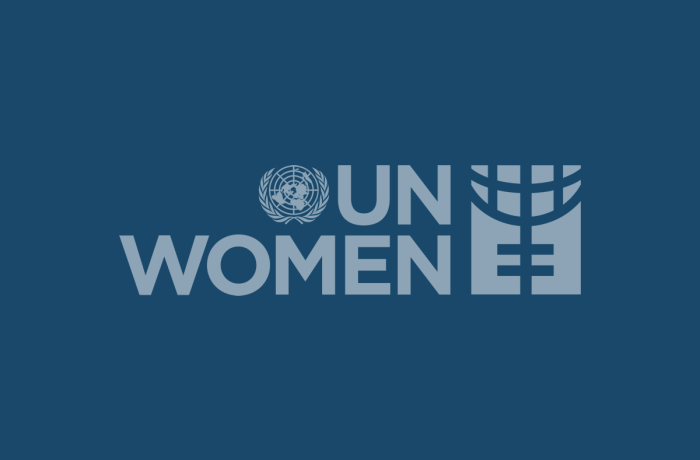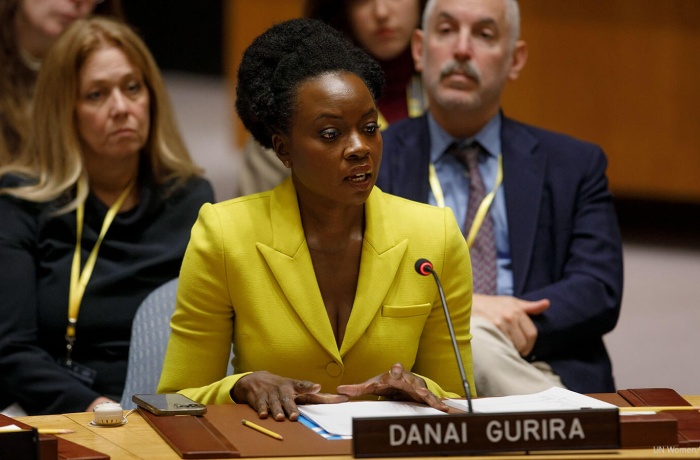Hidden mobile app gives women in Serbia a safer alternative for reporting violence
Following the onset of the COVID-19 pandemic, a second crisis—a global surge in violence against women—emerged in its shadow. But Serbian civil society organization SOS Network of Vojvodina, which runs a helpline for women experiencing domestic violence, noticed a troubling discrepancy when reports of violence began to drop.

Even before the pandemic, reporting domestic violence was difficult and dangerous for survivors. Abusers often monitor and restrict access to communication channels—and yet existing reporting mechanisms typically require survivors to reach out via phone or text messaging, which can be hard to conceal and, if discovered, may put women at even greater risk. In the face of mobility restrictions and lockdowns, these already critical barriers became, for many women, insurmountable.
So SOS Network of Vojvodina set to work designing a safer way. Under the UN Women regional programme “Ending violence against women in the Western Balkans and Türkiye: Implementing Norms, Changing Minds,” funded by the European Union, they developed a mobile application through which women could report violence and seek help—and which was disguised to prevent detection by abusers.
The application’s utility has far outlasted lockdowns. Today, with a smartphone and internet access, any person in Serbia can use it to report ongoing or previous violence against herself or someone else. Available in Serbian, English and Romani, it has been adapted for use by people with disabilities and is compatible with mobile reading/writing/voice programmes.
By pressing an SOS button, users can call the support organization nearest to them, or they can choose to contact an organization they already know or find trustworthy. The application also has a live chat feature, which enables women to contact staff at the nearest organization for psychosocial support, counselling and referral to additional services.
“The biggest motivation was to create something new, innovative and exclusively for women,” says SOS Network of Vojvodina President Biljana Stepanov. “Giving women the choice to decide for themselves how and whom they will contact in cases of violence was both the biggest challenge and the biggest motivation.”
When women report violence through the app, the time and place of the report, as well as other details provided by the survivor, are recorded in a software system called the Integrated Information System. This system is the first of its kind in Serbia, with an unprecedented ability to connect multiple service-providers and produce large amounts of data.
Improved data collection enables women’s organizations not only to provide women with better service, but also to advocate for their cases and for actions aimed at eradicating violence against women and girls more widely. It also facilitates the review and comparison of data from given time periods—crucial for measuring changes in the prevalence of different types of violence.
Now employed by 13 women’s organizations across the country, the app had roughly 500 active users in October 2022. For survivors with nowhere else to turn, it remains a source of both support and hope: “[It sends] the message to women that there is a way out,” says Biljana. “They are not alone.”








